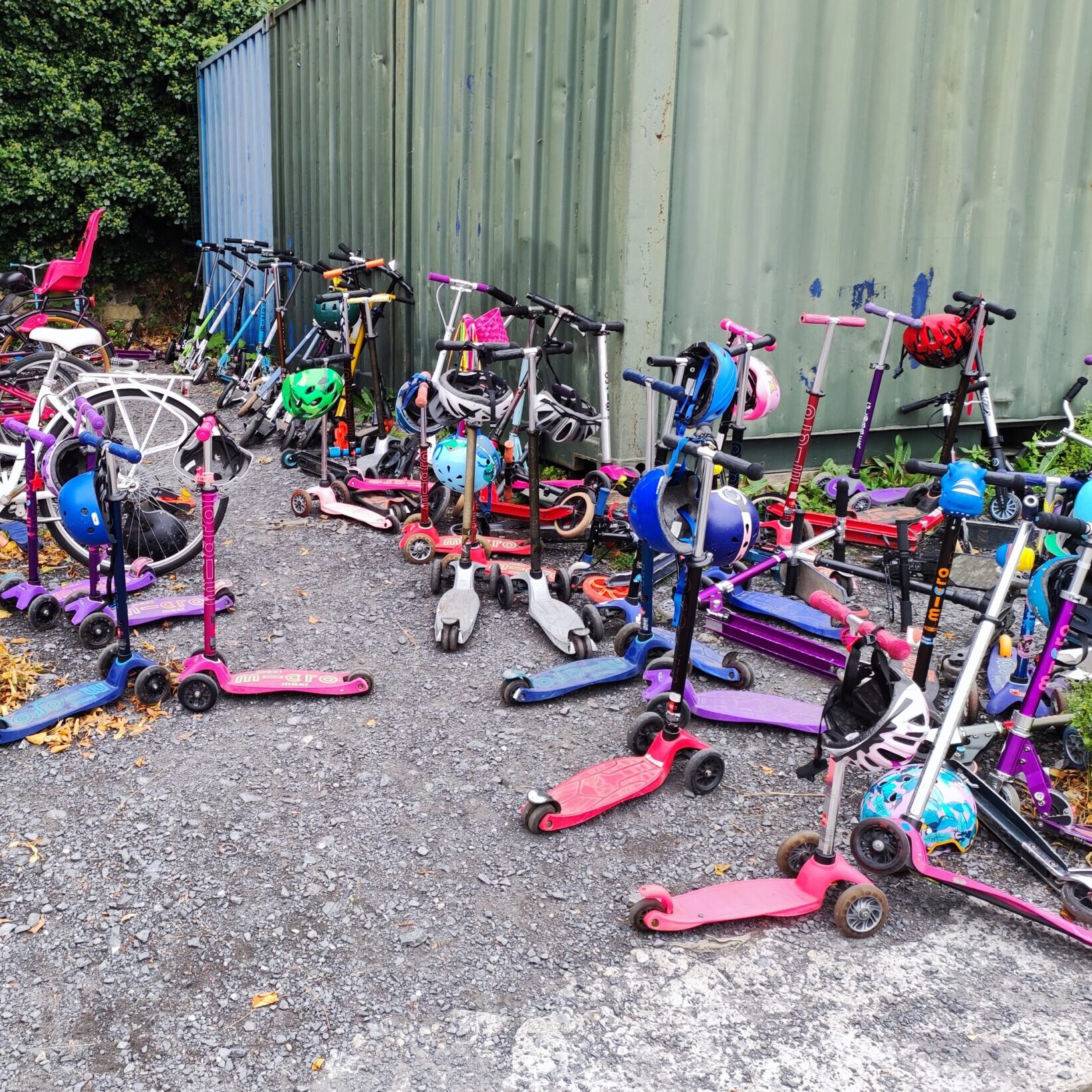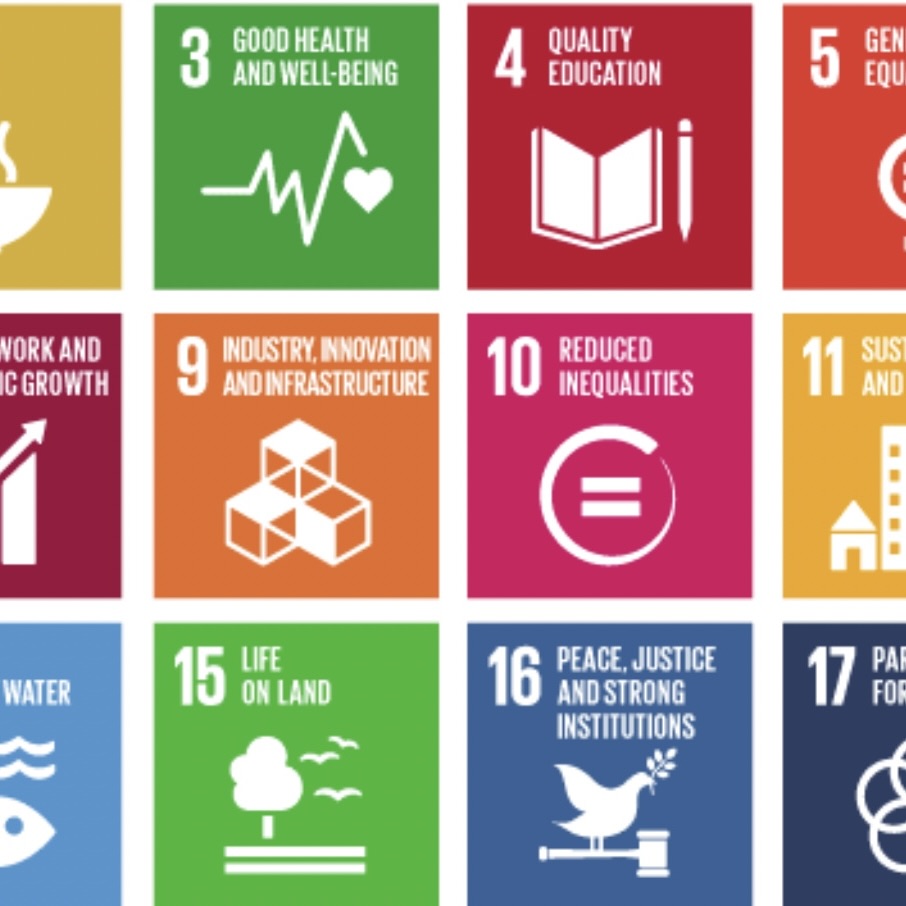The official kick-off event for the project “StAct – Start and Act”, which focuses on social and inclusive entrepreneurship in the digital world, took place in the end of October at the Vienna University of Teacher Education.
The traditional promotion of entrepreneurship is often based on a rigid, curricular approach that neglects the individual development of learners. Important aspects such as the impact of digital changes in the world of work and the implementation of the sustainability goals of the UN Agenda 2030 are often overlooked. In addition, gender- and diversity-specific career perceptions continue to play a significant role. “StAct – Start and Act” addresses these challenges and enables students to become shapers of their future. This is done by identifying relevant topics, developing questions and working on generative research processes within the framework of a research cycle. Previous (international) projects have shown that this approach is extremely motivating and competence-enhancing. The cycle comprises the phases 1) dialogues (topic identification and development of research questions), 2) research (exploration and research projects) and 3) presentation (analysis and reflection), with the students at the center and actively driven.
So-called “Living Libraries” frame these phases. At the kick-off event, students and educators had the opportunity to meet and interview “Living Books” (representatives of startups and organizations). They also received inputs about the Digital Playground of the Otelo Futurespace and familiarized themselves with the Sustainable Development Goals of the UN Agenda 2030. In addition, those involved in the project were able to make valuable contacts and build networks. At the final event, the students will then take on the role of “Living Books” to present their research findings and share their ideas for social and inclusive entrepreneurship in the digital world with relevant stakeholders from education, family, community and politics.
The project shows how children and young people from HTL Spengergasse, Mittelschule Geblergasse, Mittelschule Quellenstraße, Volksschule Hahngasse and Volksschule Seestadt – which are from primary level through lower secondary general education to upper secondary vocational education – can shape their future while addressing important societal challenges such as sustainability and diversity.
StAct is funded by the Federal Ministry for Climate Protection, Environment, Energy, Mobility, Innovation and Technology (BMK) within the framework of the FFG call “Talente Regional 2022”.

